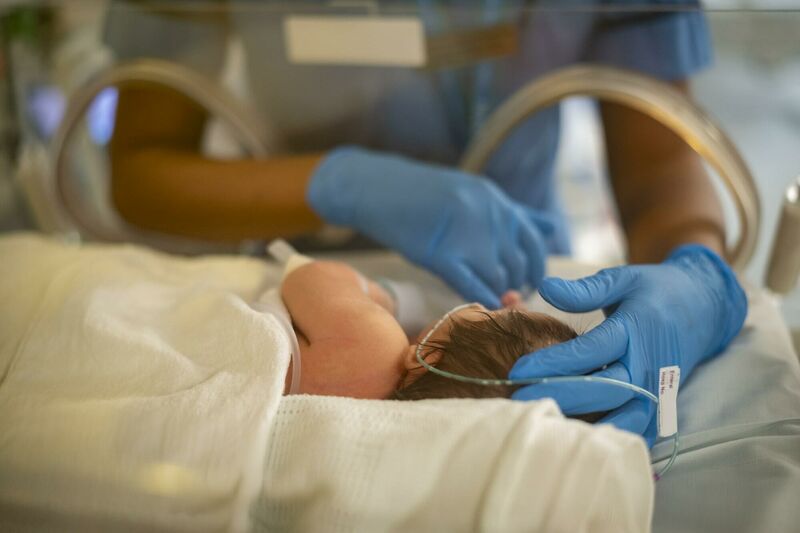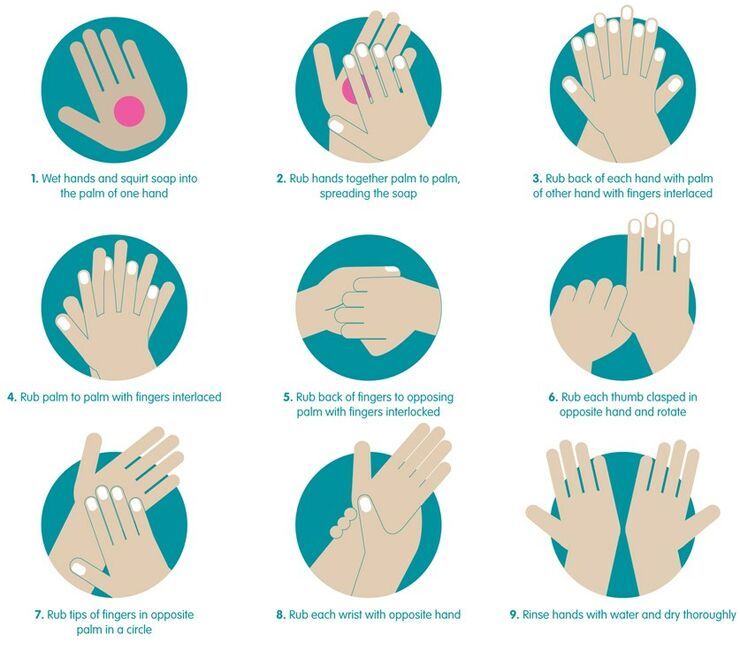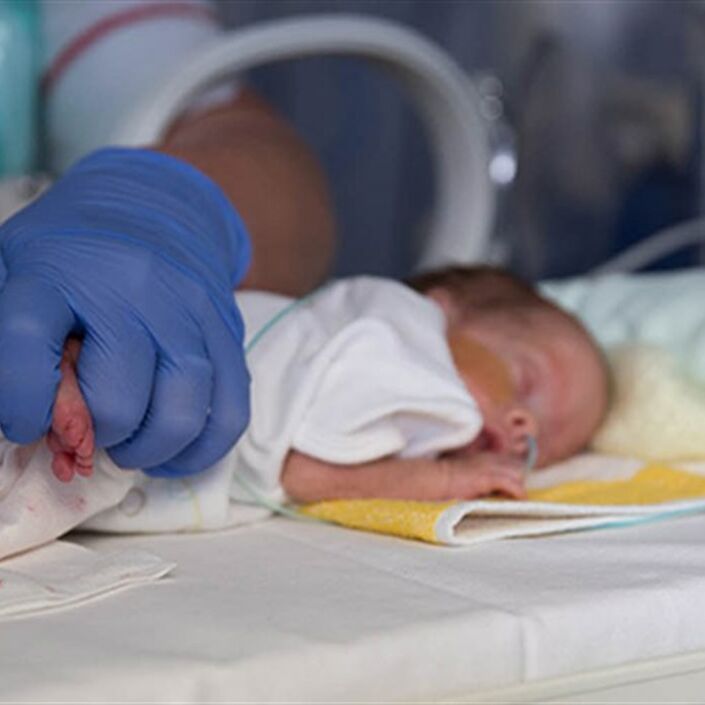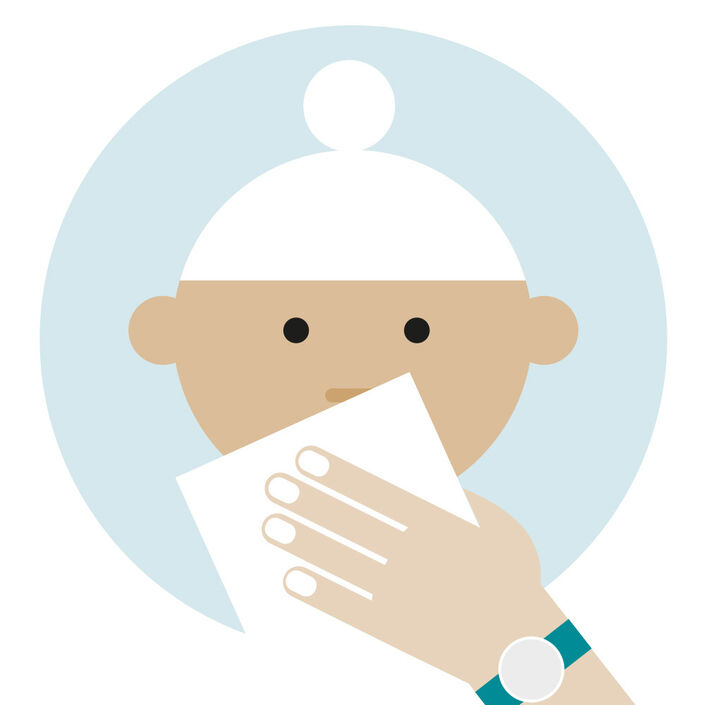Herpes simplex virus (HSV) infection in a newborn baby is called ‘neonatal herpes’ or ‘neonatal HSV’.
HSV is a very common and highly contagious virus which usually spreads from person to person by direct contact.
There are two strains of the HSV virus:
- HSV-1 (or Type 1) mostly spreads by oral contact and causes infections around the mouth
- HSV-2 (or Type 2) mostly spreads by sexual contact and causes infections around the genitals
You can read more about the herpes simplex virus in this World Health Organization fact sheet.
In young or premature babies who have immature immune systems, HSV infections can spread rapidly if left untreated, causing irreversible cell damage which can lead to permanent disability or death.
Early recognition and prompt treatment with antiviral medication is essential to save the baby's life. Even if treated, a baby could suffer permanent brain damage or die if they are not treated quickly enough.
Babies can become infected in two main ways:
- During a vaginal birth (perinatal): through contact with HSV in the birth canal. This is the most common source of infection.
- Contact with the virus after birth (postnatal): through direct exposure to an active herpes infection on anyone who comes into close contact with the baby, including caregivers and healthcare professionals.
In very rare case, babies can also become infected inside the womb (also called 'in-utero') through the birth parent's placenta or cervix.
How can a baby become infected with herpes during birth?
Mothers and birth parents who have had genital herpes before getting pregnant, or who have their first infection early in pregnancy, are very unlikely to pass an infection on to their baby during delivery.
This is because, over time, the birth parent develops protective ‘antibodies’ (immune system proteins) which will then pass across to the baby during pregnancy.
Babies are most at risk from neonatal herpes if the birth parent contracts genital HSV (HSV-2) for the first time during the third trimester of pregnancy (28-40+ weeks). This is because a newly infected birth parent has not had time to develop antibodies against the herpes virus 2.
Babies born very prematurely (at or before 28 weeks) are also more at risk. This is because the birth parent's antibodies have not had long enough to pass to the baby.
If there is a known first episode of genital herpes in late pregnancy, birth parents may be advised to have a caesarean section (also called a 'C-section') to minimise the risk of transmission to their baby.




